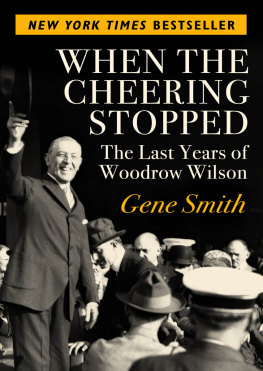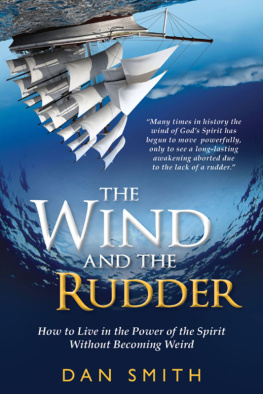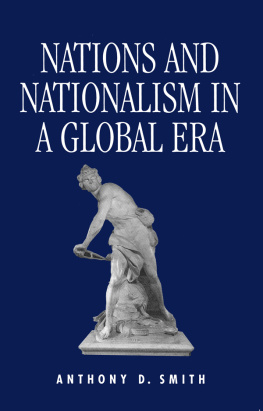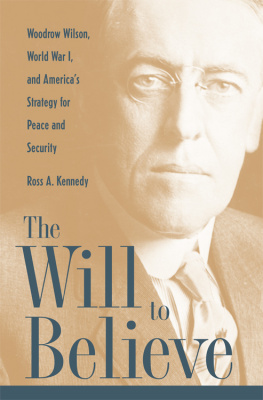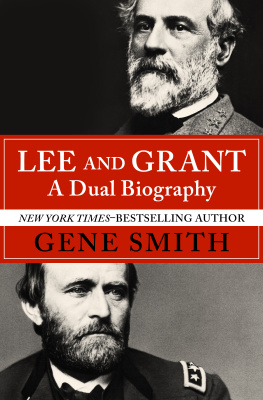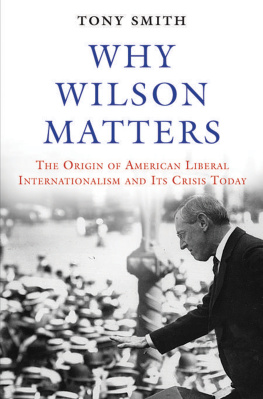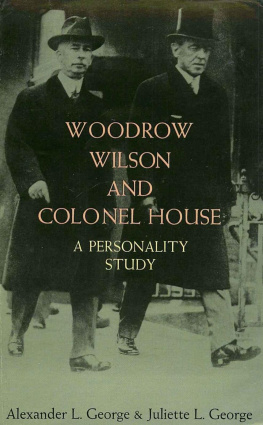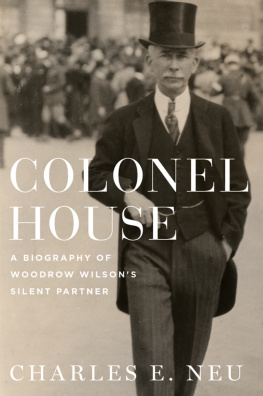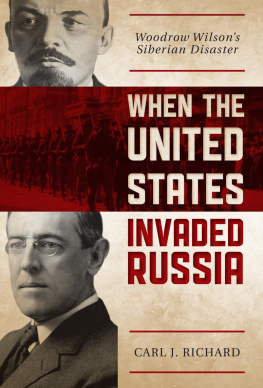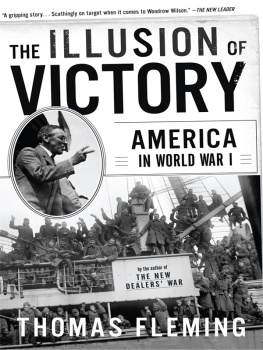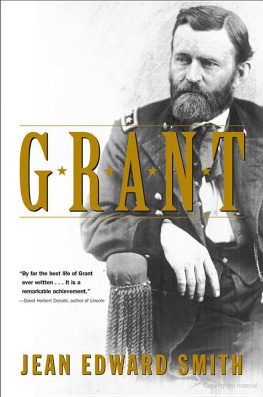
EARLY BIRD BOOKS
FRESH EBOOK DEALS, DELIVERED DAILY
LOVE TO READ ?
LOVE GREAT SALES ?
GET FANTASTIC DEALS ON BESTSELLING EBOOKS
DELIVERED TO YOUR INBOX EVERY DAY!

GENE SMITH
FROM OPEN ROAD MEDIA
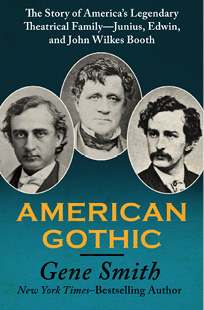
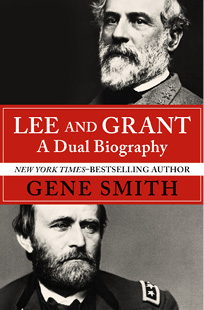
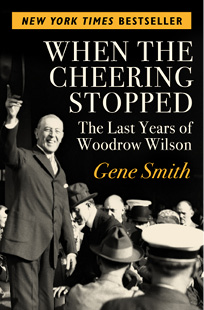


Find a full list of our authors and
titles at www.openroadmedia.com
FOLLOW US
@OpenRoadMedia




When the Cheering Stopped
The Last Years of Woodrow Wilson
Gene Smith

To S. R. S. and J. S. S.
Praise for When the Cheering Stopped
A tragedy, brilliantly told. Life
Brilliant. With this book we see Wilson as much more than one of the great American Presidents. He becomes real as a human being. Vice President Hubert H. Humphrey
One of the most remarkableand frighteningstories on American politics and personalities I have ever read. Theodore H. White
Reads like a thriller A hair-raising chronicle. Houston Post
One of the strangest periods in the history of the U. S. Presidency Dramatic and deeply moving. New York Herald Tribune
Theres a new star on the literary horizon, a man whose writing is going to bring about a revision of certain historical attitudes. His book has penetrated the curtain of silence that obscured Woodrow Wilsons last years and has produced a human being. Chicago Tribune
Remarkable A pageant restoring a time long ago as if it were yesterday. Book-of-the-Month Club News
All the elements of a Greek tragedy. The Christian Science Monitor
A book that cannot fail to touch readers emotions, for it is an eloquent and persuasive witness to the truth that the White House is one of the truly great stages of our time, and the tragedy of Woodrow Wilson one of the greatest dramas that has been played on it. Show
One of the seasons most stunning adventures in searching biography. A bold, sensitive picture of one of historys most enigmatic figures. Chicago American
Sandburg did it for Lincoln, and now, in an exceptionally gripping and moving account, Gene Smith does it for Wilson Magnificently portrayed. San Francisco Call-Bulletin
A remarkably effective account of the descent of a once magnificent man Unabashedly a piece of popular history. Oakland News
The most interesting history since Winston Churchill. Dwight MacDonald
PART ONE
The President
If we do not know courage
PART TWO
The Second Mrs. Wilson
And I must carry on
PART THREE
S Street
That we shall prevail
Acknowledgments, Bibliography, and Notes
CONTENTS
She who in her youth had been Miss Elly Lou Axson of Rome, Georgia, but who more latterly was First Lady of America, lay dying. In March she had slipped and fallen heavily, and during the spring she ceased to come downstairs for meals. In late July her doctor took up residence in the room next to hers, and as August began it was obvious that she could not live very much longer. And in fact the case was hopeless from the start, for she was suffering from Brights disease and complications, the complications being tuberculosis of both kidneys.
Her husband, the President, either did not understand or could not to himself admit that she must die. All through July and into the first days of August he wrote friends that there was no real cause for alarm. But when her meals were served to her in the sickroom, it frightened him that she would not eat, and he would take a plate of food and sink to his knees beside her bed. You will soon get well, darling, if youll try hard to eat something, he would say. Now please take this bite, dear. Often he got up at three in the morning to be with her when she could not sleep, and that he was there seemed to give her a degree of peace, for she was restless in those brief intervals when he left her. Is your father looking well? Is your father looking well? she kept asking her daughters when her husband was out of the room.
To one of the daughters, EleanorLittle Nell or Nellie to the familyher sickness seemed like the coming-true of a terrible premonition. The day before her fathers 1913 inauguration Nellie helped her mother dress for a tea-time call on the outgoing President and his wife, Mr. and Mrs. William Howard Taft. Arranging her mothers hair and adjusting her prettiest hat, the girl, excited and young, chattered away. But her mother was utterly silent. At the end, Nellie kissed her and told her how lovely she looked. And the mother put both hands over her face and burst into tears. Nellie found spirits of ammonia for her and after a while her mother said she was all right. But Nellie had seen an awful, sudden despair in her mothers face, something she had never seen there before, and it terrified her. When her parents had gone off to the Tafts, she began to walk around the room, saying over and over, It will kill them; it will kill them both. She was crying, and soon she was screaming, and after a time she was crawling under the bed and pounding the floor with her hands and crying over and over again, It will kill them! It will kill them both!
But when the next day the sun came out just as her father, taking his oath of office, lifted his wifes small Bible to his lips, Nellie forgot her fears and took the light as an omen that all would go well. During the inauguration speech, it touched the girl to see her mother leave her seat to stand just beneath her father, looking up at him like a small child, a look of rapture on her face.
There was no Inaugural Ballthe President and First Lady did not want onebut there was a party in the White House, with the many relatives of the family, nearly all from the South, roaming through the rooms and singing around a piano. Cousin Florence Hoyt, a cripple, arrived at the railroad station and, unable to find a cab, hailed an old Negro selling frankfurters from a wagon pulled by a skinny scarecrow of a horse. She asked him to take her to the White House, main entrance, please, and he doubtfully agreed, suggesting, however, that they go in the back way. Cousin Florence would have none of that, though; nestling among the hot dogs, she told the man to make for the front door. Liveried attendants there lifted her out and, relatives shouting with laughter at her carriage, she was taken in to offer her congratulations. In the kitchen even an old servant of the Presidents late father was celebrating with the Negroes of the White House staff; to him the PresidentCousin Woodrow and Uncle Woodrow to the majority of the guestswas still the Mister Tommy of boyhood days.

